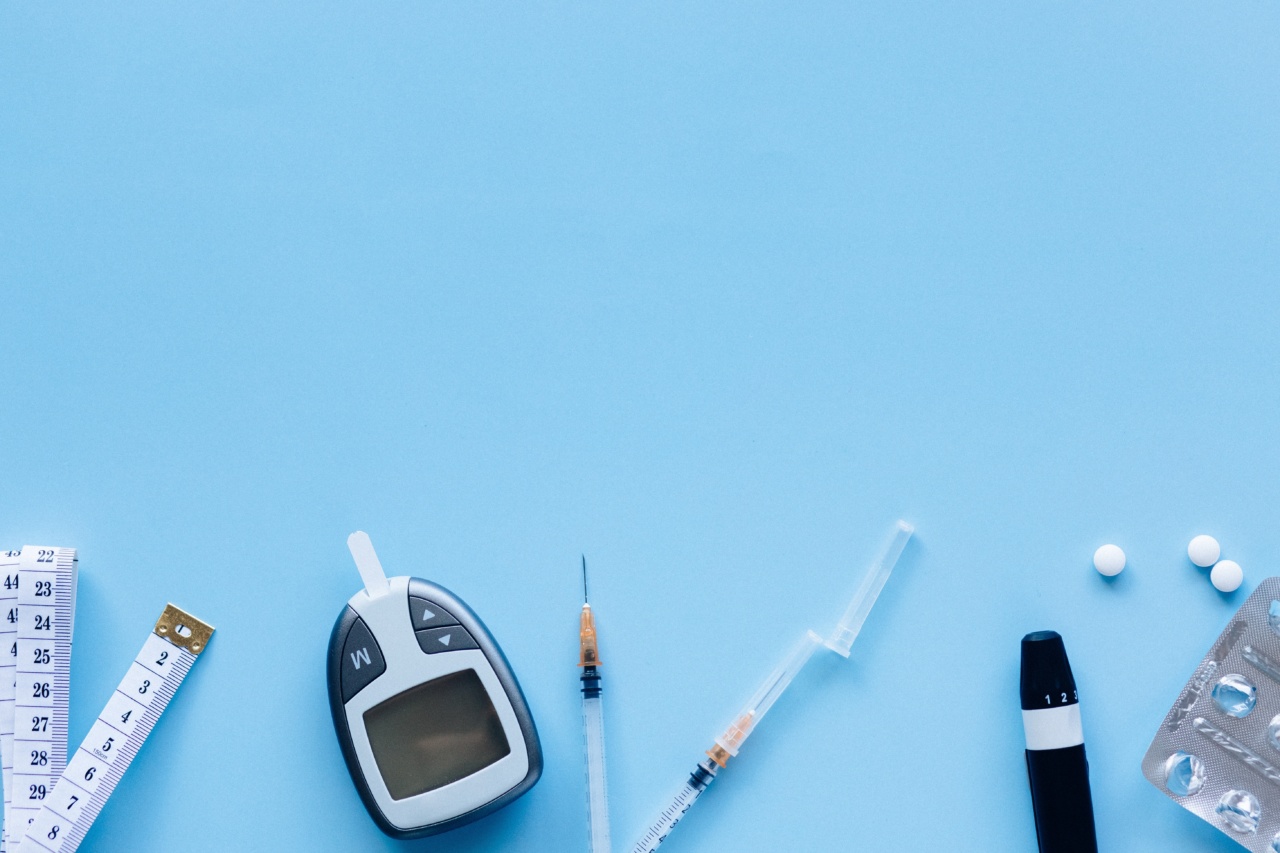Living with diabetes can be challenging, especially when it comes to managing your blood sugar levels. One of the key factors in maintaining stable blood sugar levels is understanding how different foods can impact your body.
Carbohydrates, in particular, have a significant effect on blood sugar levels, making it important for those with diabetes to carefully consider their carb choices. In this article, we will explore the importance of replacing carbs for a healthier life with diabetes and provide helpful tips for making smarter food choices.
The Impact of Carbohydrates on Blood Sugar Levels
Carbohydrates are the main source of energy for the body. When consumed, they are broken down into sugar (glucose), which enters the bloodstream and raises blood sugar levels.
For individuals with diabetes, managing these levels is crucial for maintaining overall health and preventing complications.
There are different types of carbohydrates, including simple carbs and complex carbs. Simple carbs, such as those found in sugary drinks and processed foods, get quickly absorbed into the bloodstream, causing blood sugar levels to spike.
On the other hand, complex carbs, such as whole grains, fruits, and vegetables, take longer to digest, resulting in a more gradual rise in blood sugar levels.
The Importance of Replacing Carbs with Healthier Options
Replacing carbohydrates with healthier alternatives is essential for individuals with diabetes. By making smarter food choices, you can manage your blood sugar levels more effectively and improve your overall health.
Here are some reasons why replacing carbs is vital:.
1. Blood Sugar Control
One of the primary benefits of replacing carbs is better blood sugar control.
When you choose healthier carbohydrate sources, such as whole grains, legumes, and non-starchy vegetables, you can help prevent sudden blood sugar spikes and dips, promoting more stable levels throughout the day.
2. Weight Management
Replacing refined carbs with healthier options can also aid in weight management. Highly processed carbohydrates, like white bread and sugary snacks, are often high in calories and low in nutrients, leading to weight gain.
By opting for nutrient-dense foods, such as whole grains, lean proteins, and healthy fats, you can feel fuller for longer and potentially reduce calorie intake.
3. Improved Heart Health
Diabetes is often associated with an increased risk of heart disease.
By replacing carbohydrate-rich foods that are high in trans fats and added sugars with heart-healthy alternatives like nuts, seeds, and avocados, you can lower your risk of developing cardiovascular issues often associated with diabetes.
4. Enhanced Nutritional Intake
Choosing healthier carbohydrates also ensures a more balanced and nutritious diet. Whole grains, fruits, and vegetables provide essential vitamins, minerals, and dietary fiber that play a crucial role in maintaining overall health.
By focusing on nutrient-dense carbohydrates, you can boost your nutritional intake and support your body’s needs.
Tips for Replacing Carbohydrates with Healthier Options
Replacing carbohydrates in your diet may sound challenging, but with some simple adjustments, you can make more diabetes-friendly choices. Here are a few tips to help you get started:.
1. Embrace Whole Grains
Swap refined grains for whole grains to increase your fiber intake and stabilize blood sugar levels. Choose options like whole wheat bread, brown rice, quinoa, and oatmeal instead of their refined counterparts.
2. Prioritize Non-Starchy Vegetables
Non-starchy vegetables, such as leafy greens, broccoli, cauliflower, and bell peppers, are low in carbs and calories while being packed with essential nutrients.
Incorporate them into your meals as a main or side dish to add volume and improve overall nutrition.
3. Opt for Lean Proteins
Protein-rich foods, like skinless chicken, fish, tofu, and legumes, provide an excellent alternative to carbohydrate-heavy meals. Including lean proteins in your diet can help maintain satiety and prevent blood sugar spikes.
4. Choose Low-Glycemic Fruits
While fruits contain natural sugars, they can still be a part of a diabetes-friendly diet. Opt for low-glycemic fruits like berries, cherries, apples, and pears, which have a milder impact on blood sugar levels.
Remember to consume them in moderation and pair them with protein or healthy fats for better blood sugar control.
5. Incorporate Healthy Fats
Healthy fats, such as those found in avocados, olive oil, nuts, and seeds, are an important component of a balanced diet.
Including moderate amounts of healthy fats can enhance satiety and slow down carbohydrate digestion, preventing sudden blood sugar spikes.
Monitoring and Individualized Approach
It is important to note that everyone’s diabetes management plan may vary.
Working closely with a healthcare professional or registered dietitian can help you develop an individualized approach to replacing carbs based on your specific needs, preferences, and goals. Regular monitoring of your blood sugar levels is also vital to assess how different food choices affect your body.
In Conclusion
For individuals with diabetes, replacing carbohydrates with healthier options is crucial for managing blood sugar levels and improving overall health.
By prioritizing whole grains, non-starchy vegetables, lean proteins, low-glycemic fruits, and healthy fats, you can make smarter food choices that support your diabetes management plan. Remember to work closely with your healthcare team to tailor an approach that best suits your individual needs and preferences. With consistent effort and guidance, you can lead a healthier life with diabetes.






























